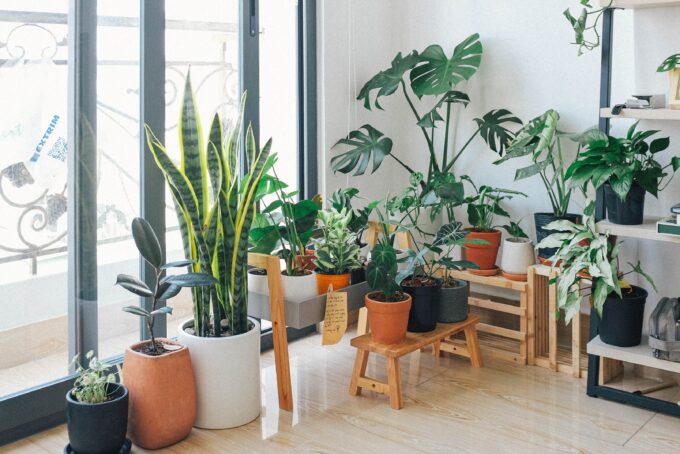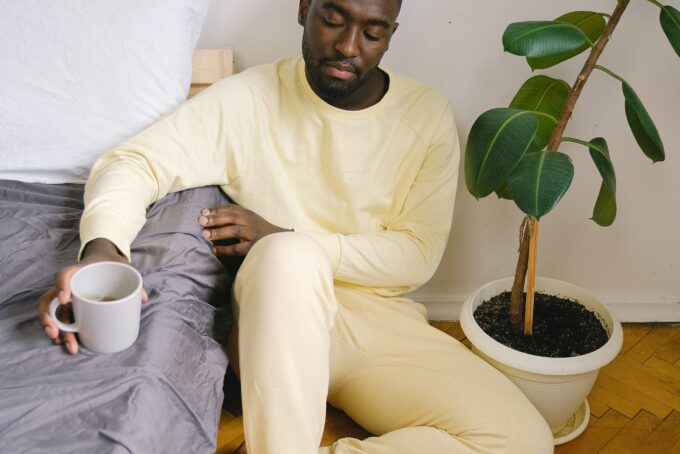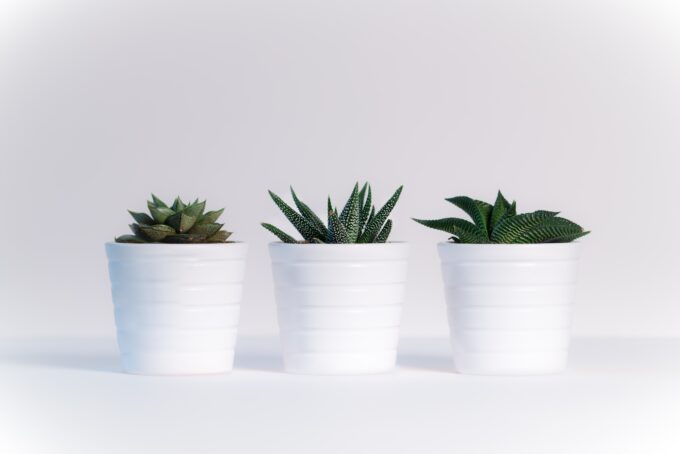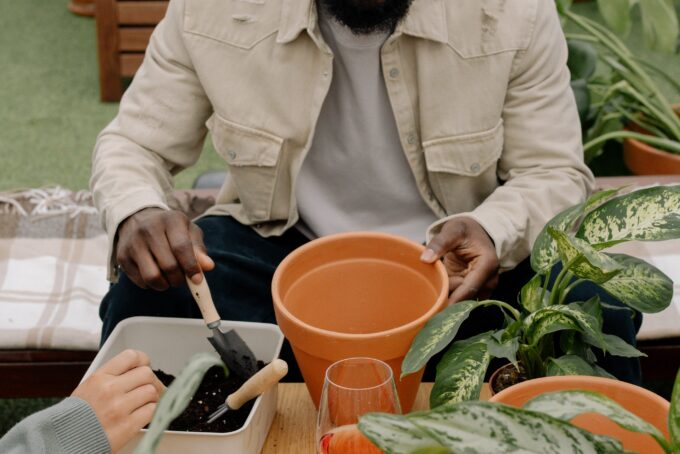Millennials are becoming more in touch with nature, filling their homes with greenery and making weekend trips to the florist. Plants and flowers enhance beauty and offer wellness benefits, but unfortunately, some of the most common types are poisonous to cats and dogs. In severe cases, exposure to toxins can be deadly, so it’s crucial to understand which ones pose a risk. The ASPCA warns that these popular plants are dangerous to pets.
1. Aloe Vera
Aloe vera is safe for pets in certain forms, like gel, but the saponins and anthraquinones found in the plant leaves are poisonous.
Symptoms: Vomiting, lethargy, and diarrhea.
2. Bird of Paradise
Bird of Paradise is believed to be toxic due to hydrocyanic acid. When consumed in large quantities, it can be fatal.
Symptoms: Oral irritation, intense burning and irritation of mouth, tongue and lips, excessive drooling, vomiting, diarrhea, difficulty swallowing, and incoordination.
3. Carnation
The toxin carnations produce is unknown and causes mild side effects in pets.
Symptoms: Dermatitis and gastrointestinal upset.
4. Lily
Lilies are mildly to extremely poisonous to pets, especially the lily tubers. The colchicine alkaloids in the lily can lead to life-threatening and fatal symptoms within hours of ingestion. Clinical signs range depending on the type of lily and its severity of toxicity.
Symptoms: Death, kidney failure, liver failure, shock, dehydration, lethargy, diarrhea, and vomiting.

5. Golden Pothos
Pothoses contain insoluble calcium oxalates—needle-like crystals found in stems, leaves and sap of plants.
Symptoms: Oral irritation, excessive drooling, vomiting, and difficulty swallowing.
6. Daisy
Some daisies have multiple irritants, including sesquiterpene, lactones, and pyrethrins, while others don’t have any. Unless you know which kind you’re dealing with, it’s best to avoid them.
Symptoms: Vomiting, diarrhea, excessive salivation, incoordination, and dermatitis.
7. Tulip
Munching on a small section of a tulip stem isn’t likely to cause irreversible damage. But mistaking a bulb, where the highest concentrations of tulipalin A and B toxins are, for food can lead to death. Symptoms can range, beginning with a mild reaction.
Symptoms: Vomiting, depression, diarrhea, excessive salivation.
8. Philodendron
The philodendron plant contains insoluble calcium oxalates, resulting in identical symptoms to consuming pothos leaves.
Symptoms: Oral irritation, excessive drooling, vomiting, and difficulty swallowing.

9. Snake Plant
Snake plants have mildly poisonous saponins, triggering gastrointestinal upset.
Symptoms: Nausea, diarrhea, vomiting.
10. Sago Palm
This plant is fairly common in homes and gardens. Highly poisonous with liver-failure-inducing cycasin and other toxins, pets need emergency medical attention after ingesting or the effects could be fatal.
Symptoms: Vomiting, melena, icterus, increased thirst, hemorrhagic gastroenteritis, bruising, coagulopathy, and liver damage.
11. Hydrangea
Hydrangeas contain harmful cyanogenic glycosides.
Symptoms: Vomiting, depression, diarrhea.

12. Peony
The entire peony plant causes stomach distress, but the main toxin, paeonol, is concentrated in the roots.
Symptoms: Vomiting, diarrhea, depression.
13. Azalea
Every part of the azalea plant contains the neurotoxin grayanotoxin, which can cause cardiac failure when ingested by pets.
Symptoms: Vomiting, diarrhea, weakness.
14. Dracaena
This common indoor houseplant has saponins, like snake plants and aloe vera.
Symptoms: Vomiting, depression, anorexia, excessive salivation, and dilated pupils (cats).
If you suspect your pet may have ingested or come in contact with any of these poisonous plants, consult your vet immediately or call the Animal Poison Control Center.
popular posts
- 1It’s Black Business Month, So Let’s Go Shopping and #BuyBlack!
- 2These Home Decor Items Will Instantly Make Your Space Look Outdated
- 3Black-Owned Home Decor Stores To Support Across the United States
- 4A Look Inside Elon Musk's Tiny $50,000 House
- 57 Black and Multicultural Designers To Follow For Design Inspo
Decorate
Access design inspiration that infuses personality and culture into your spaces.
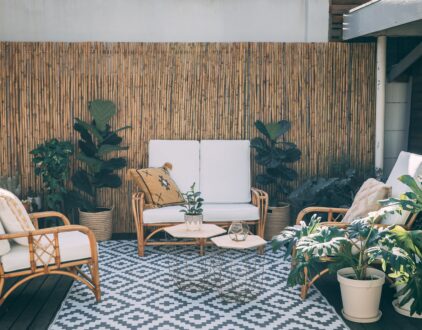
Up to 15% Off: 4 Best Patio Furniture Finds
by Stephanie Taylor | January 18, 2023

7 Black and Multicultural Designers To Follow For Design Inspo
by Marissa | January 18, 2023

These Candle Making Kits Will Elevate the Vibe of Your Home
by Arielle Clay | January 19, 2023
Spaces
Whether it’s luxury or ease, every area of your home should be as fabulous and unique as you.
How To Care for Succulents To Keep Them Alive and Thriving
by Brittni Williams | May 17, 2023
Bugs Be Gone! 9 Flowers That Are Natural Insect Repellents
by Kelsey Marie | May 18, 2023
FOLLOW ALONG ON INSTAGRAM
#homeandtexture
Find us on social for more home inspiration where culture, personal style, and sophisticated shopping intersect to help you create a home where you love to live.

